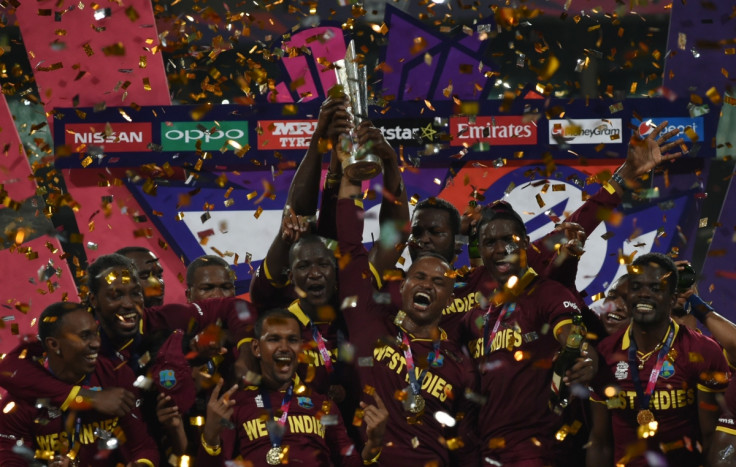T20 World Cup 2016 success can give West Indies cricket the revival it needs

The only thing louder than Carlos Braithwaite's thundering sixes, more bellowing than Marlon Samuels' jibe towards Shane Warne or euphoric than the inevitable late night Chris Gayle-led celebrations of the West Indies team following the dramatic T20 World Cup final victory over England, were the noises emanating from their captain Darren Sammy who lashed out at his own cricket board in a damming and stunning soliloquy during his post-match interview in Kolkata.
Throughout a tournament where Sammy's influence has not extended far beyond correctly calling the pre-match coin toss on six successive occasions, it was easily the skipper's most important contribution. Though it may work to overshadow a second global triumph for the men's team in the shortest form of the game – alongside their Under-19 and female counterparts – it reopens a key line of communication which is vital to the future of the global game.
The West Indies Cricket Board are to world cricket what Roger Waters eventually was to Pink Floyd; divisive, obstructive and threatening to tear a talented group of individuals apart. Leaving the band in 1983 to pursue solo projects, Waters took legal action against Dave Gilmour and Nick Mason over the use of the band's name which ripped the biggest progressive rock band of all time, in two. Reformations have been brief and awkward despite reconciliation.
Victory in India marked a rare occasion where the leading the lights of West Indies cricket were together in the same team. Payment and selection disputes means that Chris Gayle, Dwayne Bravo, Lendl Simmons and Sammy among others, rarely play together, with the WICB preferring to see their major stars marginalised than fight for global success on a regular basis.
The tale is all very Catch-22. A new pay deal proposed by the West Indies Players Association in 2014 which sought to intentionally mislead senior players and led to the walk out ahead of the one-day tour of India, means the money on offer around the globe in various T20 events makes overseas offers impossible to refuse. The WICB state that for players to be involved in all forms of the game, other than shortened version of the sport which many insist on participating in, they must be available for domestic commitments, which would impact on other interests.
Sammy and his players made a compromise over the deal handed to them for the T20 World Cup, with only Darren Bravo withdrawing from the squad to focus on Test cricket. Kieron Pollard and Sunil Narine pulled out but due to fitness and technique reasons. The team had asked for the financial offer to be reviewed but having had that request denied, were humiliatingly forced to individually write to the WICB accepting the purse.
In his victory interview after the four-wicket win at Eden Gardens, Sammy alluded to the lack of support from his own country's cricket board and called into question when the team would play with each other again. Though an admirable sentiment, Sammy may come to regret using the crowning moment in his side's modern-day cricket history to address the dispute.
Such a strong message was unlikely to fall on deaf ears, and the WICB have offered an olive branch to their players, with the promise of talks after the Indian Premier League in June, but the gesture is already riddled in innuendo and contradictions and strikes as an opportunity to claim the moral high ground before the preaching can recommence.
One hopes however that the scenes in India, where the West Indies have come as close to recapping the Calypso spirit which defined the era under Sir Viv Richards, Clive Lloyd and Malcolm Marshall in the 1970s, can lead to fresh discussions which focus on achievable targets rather than unrealistic demands.
In an era where the International Cricket Council's continued attempts to stifle the progress of associate nations, it is vital that the summit of the game does not lose one of is eight biggest nations for good. Victory is often seen as an opportunity, and let's hope cricket's politicians don't miss the chance to make things right.
© Copyright IBTimes 2025. All rights reserved.






















